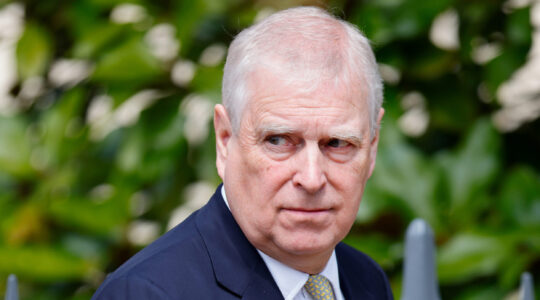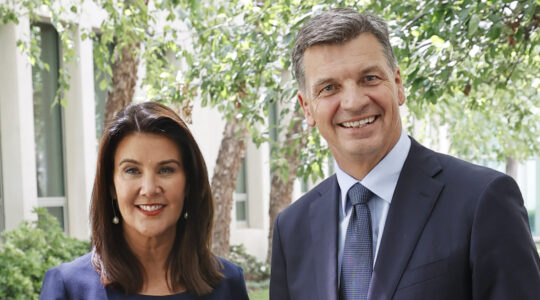By Shane Rodgers
Five years after COVID-19 knocked the world off its axis for a while, it is worth asking whether we have learnt much from the experience.
During those crazy couple of years, we were able to work smarter, be cleaner and interact healthier.
Five years on, it could be argued that many of the lessons are being forgotten. And not in a good way.
For a start, most of those sanitiser stations set up in public areas to clean hands seem to be empty.
They are sitting like ancient ruins of a distant past, ready for future archaeologists to speculate about their purpose.
At the same time mask wearing, even in very busy public places and on public transport, is now the domain of just a hardy few.
Even more concerning is the return of public coughing. I’ve noticed in recent weeks that maskless, sick people are again out there spluttering over everyone.
Earlier this year in Europe the whole continent seemed to be coughing, and barely a mask in sight.
I ended up sick in bed for weeks at the end of the trip because I could duck and weave the germs no more.
On the roads, the peak hour is back, almost as bad as ever. Everyone is back to getting to their desks at the same time even when this is unnecessary.
Roads are not coping, and we are back to needing billions of dollars in extra spending to get people around cites that are growing quickly.
The extra hours we got back in our lives and workplaces through strategic “working from anywhere” seem to be mostly given back to waiting in traffic.
The afternoon guilt for people wanting to pick up their kids from school is also back for many.
Bit by bit life is returning to a pre-COVID inertia.
Much of this is inevitable. But it is a shame to lose the lessons of the COVID period without a proper debate on which bits we should be fighting to keep.
Saddest of all is the loss of a historic moment to fix commuting and give us a 10-year window to fundamentally change the way people move around cities.
We are back to catchup on infrastructure.
There are arguments for and against forcing people into offices. But I think it will be the greatest loss opportunity of our generation if we do not really discuss working location in a sensible way.
Frankly, trusted adults, whose job is computer-based (knowledge economy), should be trusted to work wherever it makes sense on a particular day.
They need a certain amount of face-to-face connection time. But when this happens should be obvious based on the type of activity.
I’ve worked in national organisations in which the leadership teams are spread across multiple states. They get together periodically in person for strategic discussion.
The same principles should be able to be applied to any workplace, whether people are in the same city or not.
As for the health practices, why not keep the sanitiser there? It stops the spread of germs that mess with people’s lives and kill off workplace productivity through absenteeism.
It is a small thing that can make a big difference.
And going in public when you are sick and contagious without wearing a mask is simply inexcusable given the toll that illness can take on others.
There is still time on all this. We need to talk.
Shane Rodgers is the author or Worknado – Reimaging the way you work to live.








